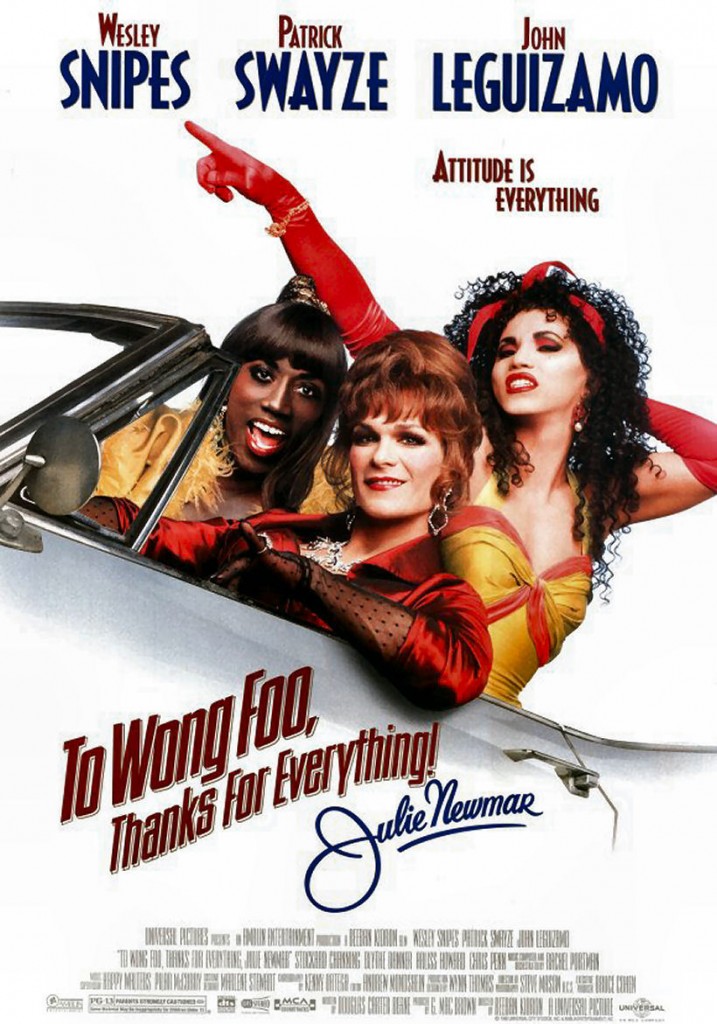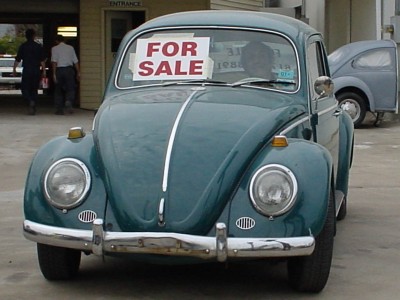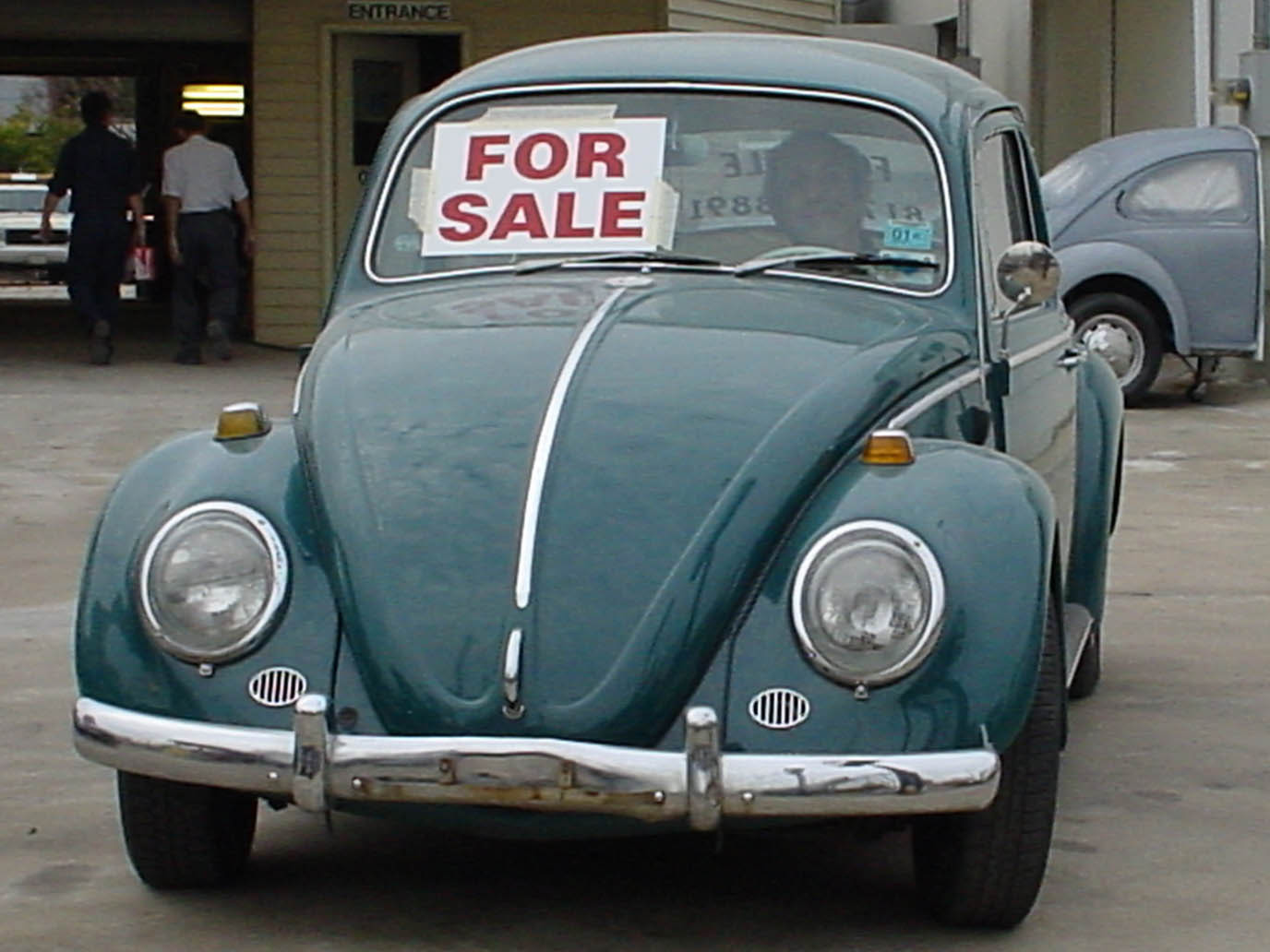
In the movie To Wong Foo, Thanks for Everything, Julie Newmar, Patrick Swayze and the girls need to buy a car for a cross-country road trip. “Substance or style” is their dilemma. The girls ultimately choose style, only for the car to breakdown in small farming town where Stockard Channing lives. Hilarity ensues.
Indeed, if you buy a used car for all the wrong (read: “style”) reasons, there won’t be much hilarity when you find yourself shelling out thousands of dollars to fix what the seller promised was already fixed. If your issue is concerning a broken windshield replace it here.
Few people can afford a new car these days, so you have to wonder just who is buying a Lamborghini (Jay Leno) or those funky new small cars with all the bling (not me). Given that all new cars lose up to 20% of their value once they’re driven off the lot, it makes sense to consider a used car, especially if it’s for your grown children, PFLAG mom, or the life partner you’re not sure you’ll keep until Labor Day.
How not to punked at the lemon lot? To protect yourself, there are a few things to keep in mind:
- Once you’ve handed over the cash and accept the title, the car is yours — and good luck returning it if defective. Even with dealer brokers, getting your money back may not be possible. Read the fine print.
- Private sellers can be as high-pressure as dealers. Everyone should always car shop with a friend who is more removed from the purchase.
- Do you really need “style”? Unless you’re dead-set on a classic car or you’re a great mechanic, used cars should be practical and affordable. Your “style” money is best used on you, not your transportation.
- No matter what you buy, it’s still a crap shoot. That’s just how it is, but consider this: you took a chance and came out of the closet. Buying a used car such as this 1933 ford coupe for sale, will be much easier.
 When you begin shopping for a used car, here are some things to consider:
When you begin shopping for a used car, here are some things to consider:
- As a buyer, you are better protected buying from a dealer broker. The cost is higher, sure, but so is the peace of mind. They are required by law to vouch for the safety and the maintenance of the car.
- If you buy from a private party, make sure you know the party well. Sellers on the internet — just like people’s profiles on the internet — are often not who they say they are.
- If you buy from a private seller, they will most likely demand cash or a money order. Be sure you know how to contact the seller if something happens, like, say, the engine falls to the ground. Not that finding the seller is guaranteed to do you much good, but the transaction shouldn’t be a hit-and-run.
- Drive the car. If the seller won’t let you test drive the car, walk away. There is usually something to hide.
- When you close the deal, make sure you have all the items (keys, accessories, bras) that you’re buying. Don’t let the seller say he’ll get it to you. Like the man your BFF fell in love with last year at Gay Pride, that extra set of keys to his heart may never materialize.
- Be sure to get the title at the same time you fork over the cash. Trust should have nothing to do with this kind of transaction.
Finally, before you buy:
- Get the Vehicle Identification Number (VIN) and check it to make sure you know the history of the car. This can be done through a variety of websites, like Carfax. If it has been totaled and rebuilt, hold onto your wallet. Beware, however, because even a clean record doesn’t mean a clean history. Rebuilt cars deemed as totaled can be rebuilt (enough to pass inspection) and often get a new VIN. Do your homework.
- Do not buy on the spot. If you’re desperate for a car, everyone knows it, and you’re more likely to get stuck with a lemon that’s just been Armor-All-ed. Get the vehicle information, go home and do your research, take a nap, do yoga, go look at the car, check it’s had the best handheld vacuum treatment on the inside and the paint is bright on the outside and let your friends help you say “no” when needed.
- At the very least, get a receipt for your purchase. If the seller doesn’t have one, create one for the transaction. You will need this for tax and legal purposes. You say you won’t have to deal with taxes or legal issues? Think again. You will always be subject to sales tax, whether or not anyone comes to collect.
- Again, if the seller doesn’t want to sign anything, walk away. Your other dream car is possibly right around the corner.
- Ultimately, trust your gut when deciphering all the information you can find. If you are getting a vibe that says walk away, it’s probably not the enchiladas talking.
It makes sense to get help when making such a major purchase. Start with a credit union or other regulated organization, because they will happily sell you a car. If there is a local automobile dealers association, contact them for help. Of course, they will try to sell you a new car but stick to your guns. They, too, will happily sell you a car, new or used. That’s one of the good things about visiting a car dealership, you’re likely to find a selection of vehicles. For example, car buyers can see a lot more at earnhardt.com than they could if they visited a private seller. By visiting a dealer, you’re much more likely to find the perfect car.
Also, don’t worry too much about your credit score if it’s low. While important, there are so many sellers who really don’t care how good you look on paper. They too will happily sell you a car. It’s true that your credit score will affect your interest rate, but honestly, even that is negotiable. Stay tough.
Now here’s another twist to ponder: often, it is more practical and economical for you to buy a new car than a used car. If you can, run the numbers over a three-year period on the car of your choice and see if the used car ultimately saves you money. Even with a stellar used car, you still may incur big repair costs in as little as one year.
